Why AI matters so much for where Cisco goes next
Cisco has big plans for AI and is building a new strategy to match

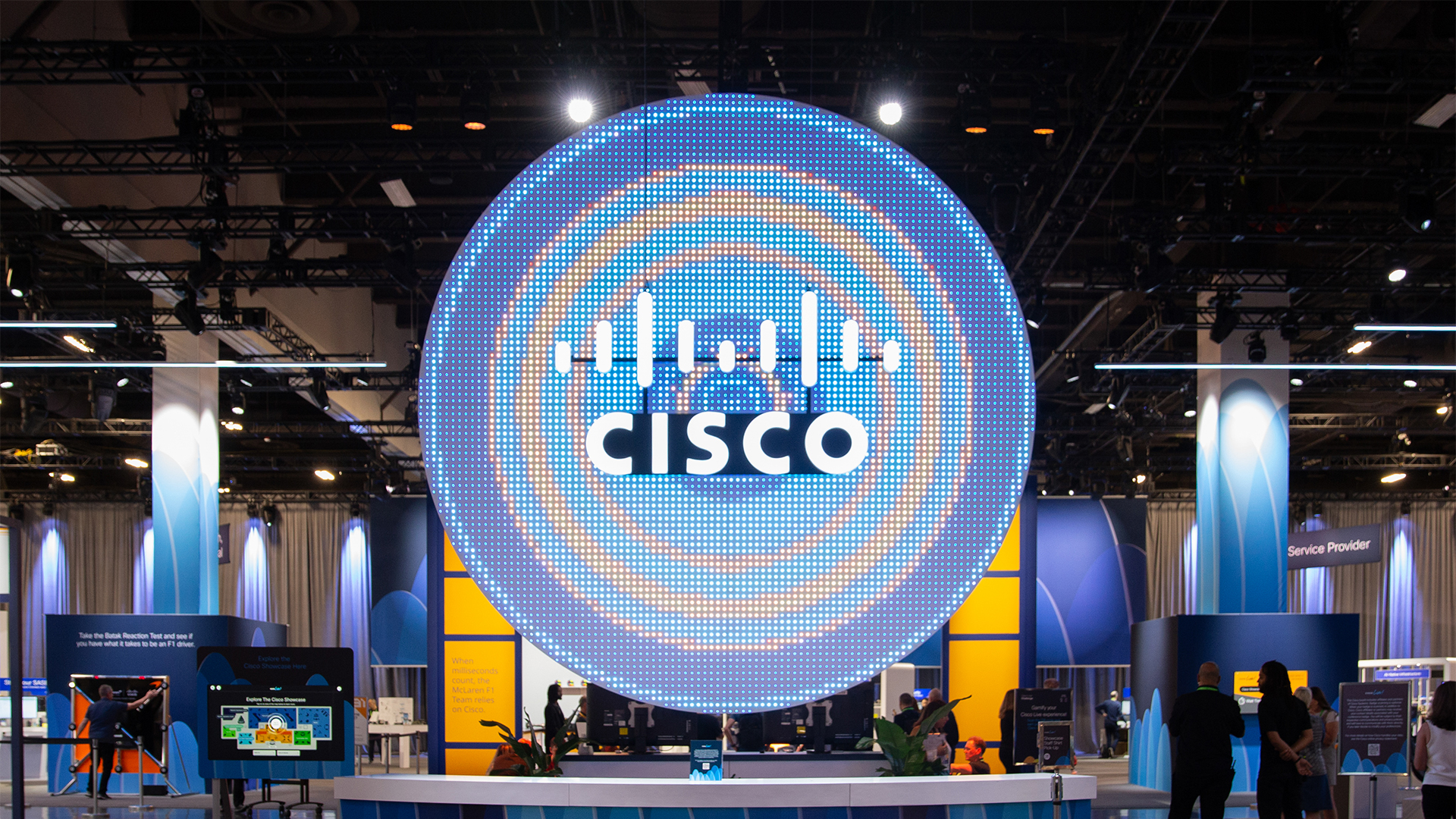
Cisco has learned a big lesson from the last technology wave – and wants to make sure it’s ready for the one that’s on the way.
The networking giant wasn’t fast enough to respond to the rise of cloud computing and wants to make sure it’s ready this time around so that it can do a better job of capitalizing on the AI surge.
AI is important for Cisco for a few reasons. Firstly, as is the case with many tech companies, it can use AI to improve its products.
Right now, that’s particularly evident on the security side. Here, AI can help Cisco to advance its network monitoring tools, for example, so that they are able to spot potential weaknesses or attacks more quickly. Some of that was on display at Cisco Live in Las Vegas, with several updates to the company’s security portfolio unveiled.
At the same time, like many other tech companies, Cisco is trying to shift to more predictable recurring revenues like subscriptions, rather than relying on one-off and unpredictable purchases of networking hardware. This is in line with the lessons from Cisco’s most recent results, with subscriptions now accounting for more than half of the company’s revenue. Building more services based around AI are a good way to support that shift.
Cisco’s recent acquisition of Splunk fits with this strategy very well. Cisco announced its $28 plan to acquire Splunk in September last year. The deal – Cisco’s biggest ever acquisition – integrates Splunk’s products which collect security information and event management data from across a customer’s enterprise technology infrastructure and process all of it for big data analytics. Splunk also brings more than $4.2 billion in annual recurring revenue.
Further justification for the deal the deal at Splunk .conf24, set to run in Las Vegas from 11-14 June, is a given. Gary Steele, former CEO at Splunk, told ITPro at Cisco Live that there’s “tremendous opportunity” in the arrangement, with Splunk playing a core role in Cisco’s AI approach.
Sign up today and you will receive a free copy of our Future Focus 2025 report - the leading guidance on AI, cybersecurity and other IT challenges as per 700+ senior executives
The sales opportunities of AI
A major reason that AI is important for Cisco is that it sees a big potential opportunity for new sales. In any gold rush, it’s the people selling picks and shovels that get rich. Right now it’s the GPU companies like Nvidia that are reaping the benefits of the generative AI frenzy as the hyperscalers buy as many high-end chips as they can train their large language models.
Cisco is betting that the next step is for big businesses like banks, healthcare and automotive – as well as government agencies – to build their own AI infrastructure too. This is reflected in its recent partnership with Nvidia.
That’s because they will want to keep their data and the AI models they train it on, to themselves. That data may well be the real differentiator in the AI era, Cisco thinks, and reckons that companies, over the next five years or so, will be willing to invest in their own hardware to protect it.
Cisco already had good connections with a vast array of enterprise customers thanks to selling them networking kit for decades. It is rapidly building an alliance with AI companies to sell this new proposition: the AI companies are willing to play ball because they don’t have these deep enterprise connections themselves.
For all of this, the excitement around AI is mainly focused on personal productivity. The companies with the LLMs, like OpenAI, or the big tech companies that made the fastest moves to invest in or partner with them (like Microsoft) are the ones that are reaping the benefit in terms of sales and share price bumps. Cisco has recognized this, too, in its announcement of a $1 billion investment fund for AI startups such as Mistral.
Cisco’s AI trajectory
So, can Cisco really catch up with them?
Certainly, the company seems to be shifting its strategy towards being more open to partnerships with other tech companies, a recognition that it can’t provide everything for its customers every time.
“If you are going to have great AI, your compute and your network have to work in lockstep,” says Zeus Kerravala, founder and principal analyst with ZK Research.
“If you are spending millions of dollars on GPUs and they sit idle because your network can’t push information across the network fast enough, then you’re not going to get the returns you want,”
RELATED WHITEPAPER

“Networking and AI are going to be inherently locked together and nobody’s got a bigger footprint in networking than Cisco,” he tells ITPro. He said that, with the collection of technologies including Splunk, the Catalyst the switching business, and the likes of Miraki and ThousandEyes there are few companies with as many AI-related assets as Cisco. “They did an effective job of bringing that story to life, now we need to see them continue that and execute on that,” he added.
At the company’s Cisco Live event this week, the mentions of AI were so numerous as to become something of a running joke. But make no mistake: for Cisco, AI is a deeply serious business.
Steve Ranger is an award-winning reporter and editor who writes about technology and business. Previously he was the editorial director at ZDNET and the editor of silicon.com.
-
 What is Microsoft Maia?
What is Microsoft Maia?Explainer Microsoft's in-house chip is planned to a core aspect of Microsoft Copilot and future Azure AI offerings
-
 If Satya Nadella wants us to take AI seriously, let’s forget about mass adoption and start with a return on investment for those already using it
If Satya Nadella wants us to take AI seriously, let’s forget about mass adoption and start with a return on investment for those already using itOpinion If Satya Nadella wants us to take AI seriously, let's start with ROI for businesses
-
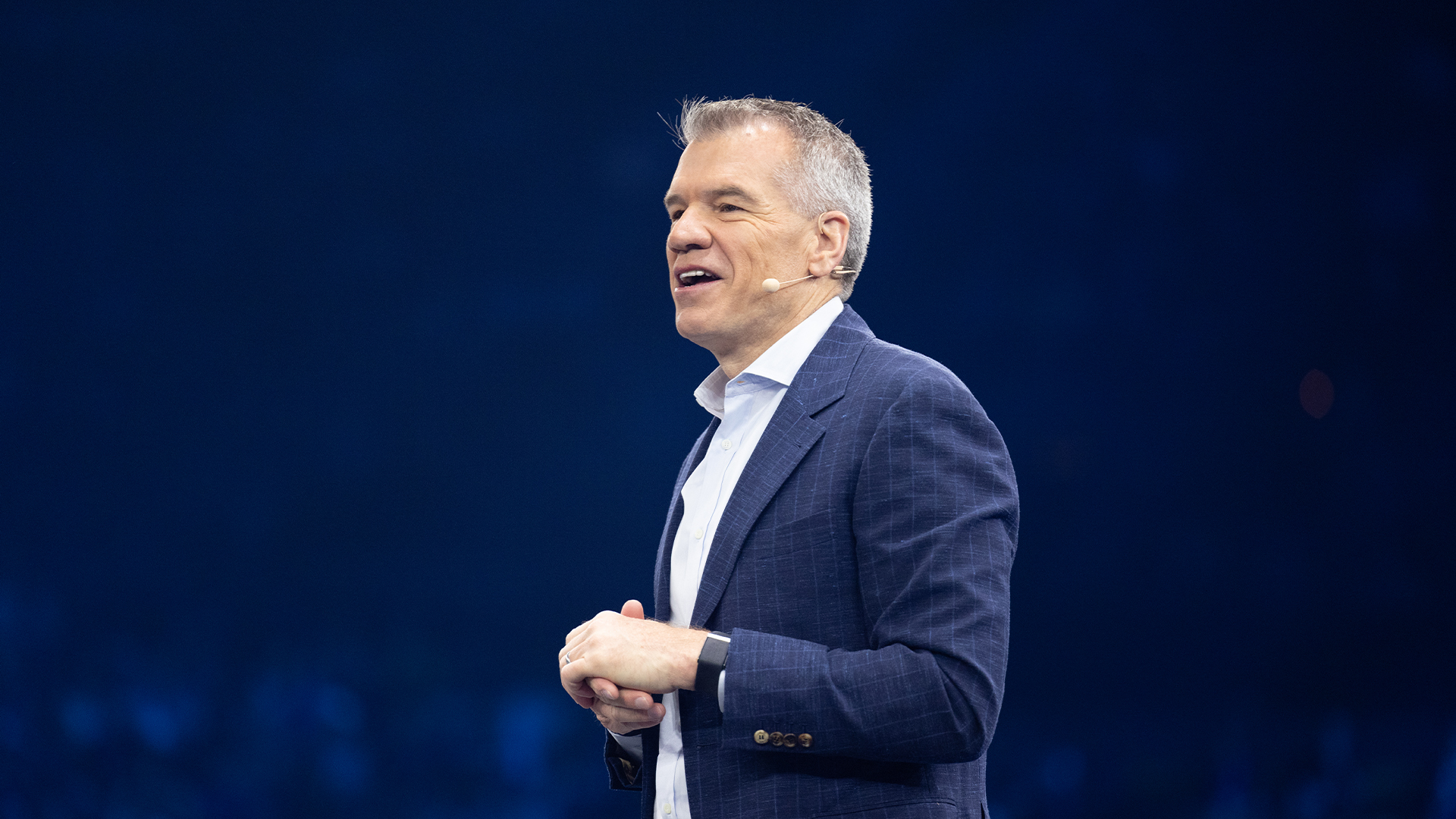 Exclusive: Splunk will play a key role in Cisco's AI plans, claims former CEO
Exclusive: Splunk will play a key role in Cisco's AI plans, claims former CEONews Former Splunk CEO Gary Steele, who has continued on at the firm post-acquisition, says the company will play a critical role in Cisco's AI roadmap
-
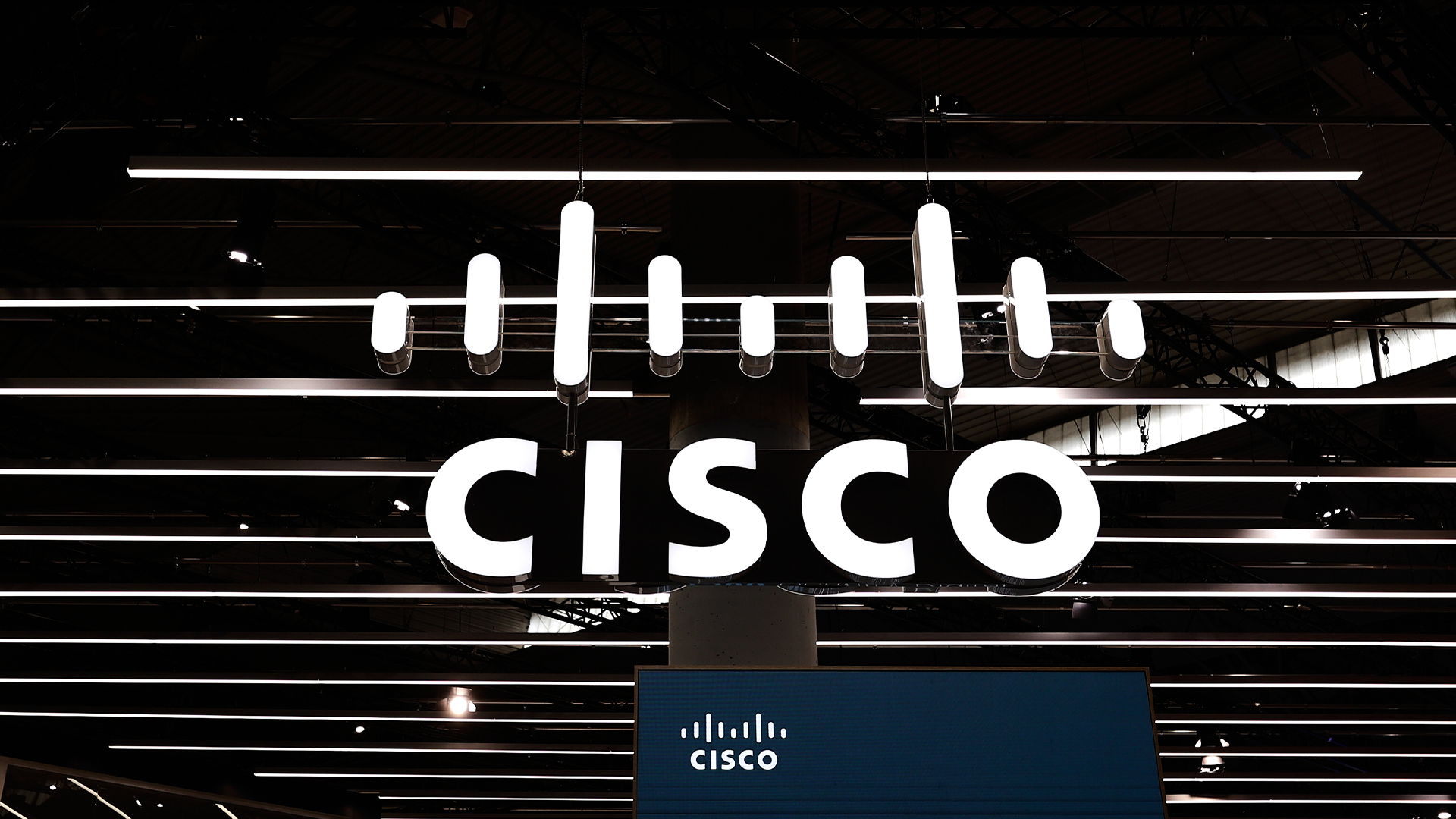 Cisco just launched a $1 billion investment fund for AI startups — and it's already backing Mistral, Cohere, and Scale AI
Cisco just launched a $1 billion investment fund for AI startups — and it's already backing Mistral, Cohere, and Scale AINews Cisco is flexing its muscles in the generative AI space in a bid to help enterprise customers deploy their own AI
-
 Cisco EVP: AI cyber security robs attackers of their advantage
Cisco EVP: AI cyber security robs attackers of their advantageIn-depth As AI is combined with business data, it could put security teams on the front foot
-
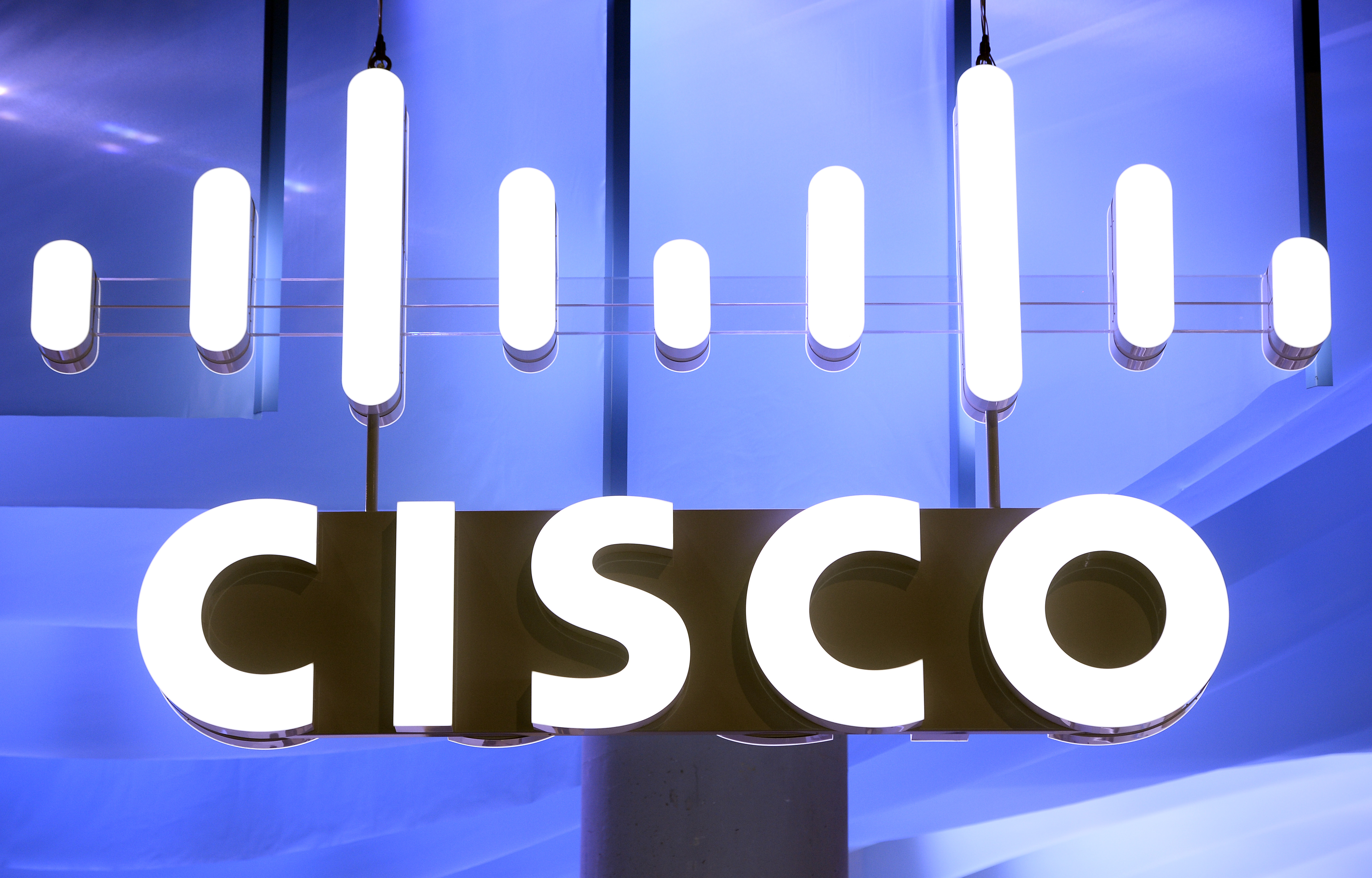 Cisco lifts lid on new AI strategy and assistant for Webex
Cisco lifts lid on new AI strategy and assistant for WebexNews Networking specialist says its new AI-fuelled approach to Webex will boost quality of online communications
-
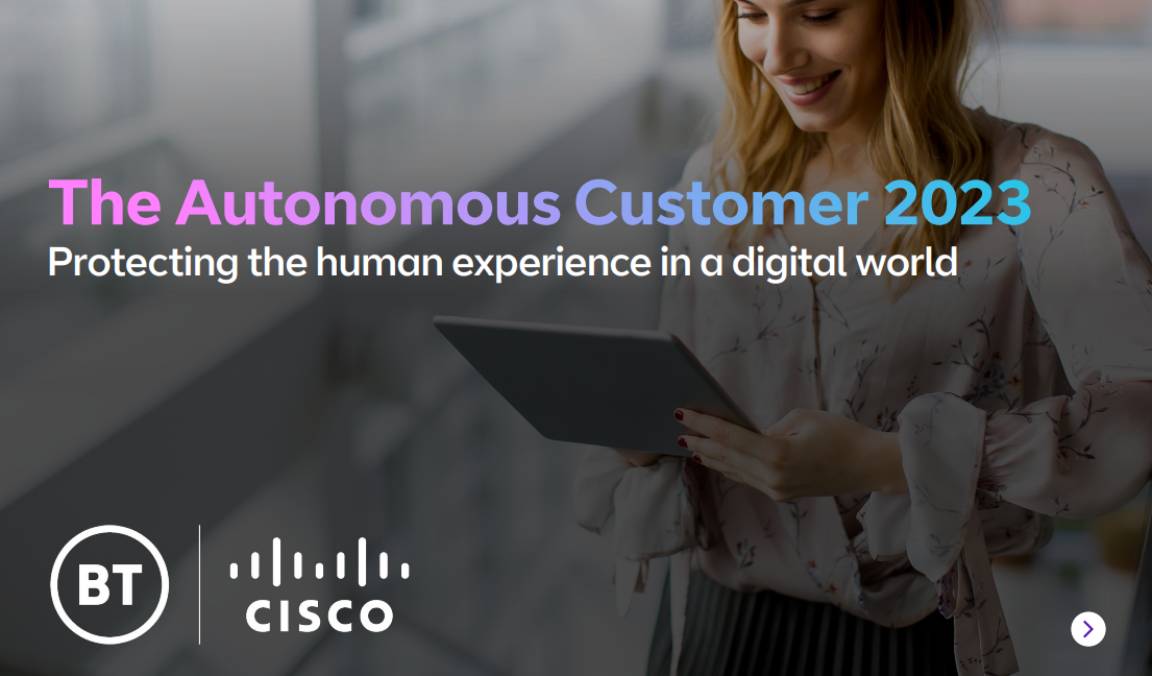 The autonomous customer 2023
The autonomous customer 2023whitepaper Protecting the human experience in a digital world
-
 Cisco bolsters Webex for the hybrid workforce
Cisco bolsters Webex for the hybrid workforceNews The major update includes an end-to-end events platform, speech optimisation and data-loss prevention
-
 Cisco WebEx will use voice tools to exploit ‘next frontier’ of data insights
Cisco WebEx will use voice tools to exploit ‘next frontier’ of data insightsNews Translation and transcription tools being introduced are supported by AI and machine learning
-
 Cisco brings AI to conferencing with Spark Assistant
Cisco brings AI to conferencing with Spark AssistantNews Digital assistant will use voice commands to perform common tasks in meetings
